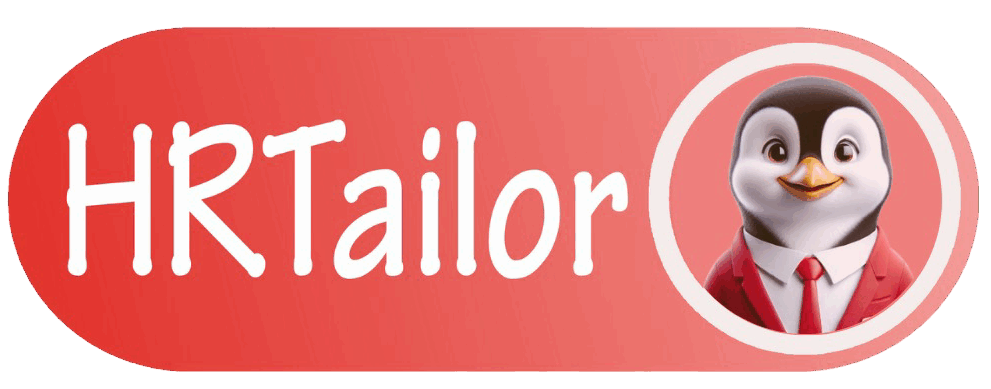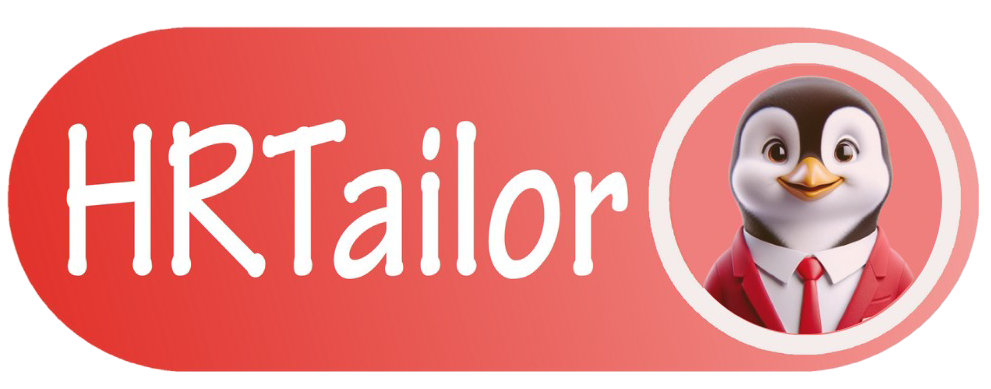
Why Every Business Needs These Essential HR Policies
Every successful business relies on a set of well-defined HR policies to create a productive, compliant, and respectful work environment. HR policies are more than just documents—they outline the rules, standards, and procedures that guide both management and employees. From setting expectations on workplace behavior to ensuring compliance with employment laws, HR policies play a crucial role in maintaining order and boosting employee morale.
In this blog, we’ll cover the essential HR policies every business needs, why they’re important, and how they can help prevent workplace issues. Whether you’re a startup or a well-established company, having clear HR policies is key to building a positive and efficient workplace.
Why Are HR Policies Important?
HR policies are foundational for establishing consistency, fairness, and accountability within an organization. Here are a few reasons why they’re so vital:
- Provide Clarity and Structure: HR policies set clear guidelines for employees, reducing confusion about what is expected in terms of behavior, work ethics, and performance.
- Ensure Legal Compliance: Policies help businesses comply with labor laws, workplace safety regulations, and other legal requirements, reducing the risk of legal issues.
- Promote a Positive Work Culture: By establishing standards for behavior, respect, and inclusivity, HR policies help create a work environment where everyone feels valued and safe.
- Protect the Company: Well-crafted policies act as a shield against potential liabilities, from harassment claims to data breaches.
Now, let’s dive into the core HR policies that every business should consider implementing.
Essential HR Policies Every Business Needs
1. Employee Code of Conduct
The Employee Code of Conduct policy outlines acceptable behavior and workplace standards. This policy should cover various aspects, such as:
- Professionalism in the workplace
- Dress code guidelines
- Rules on harassment, bullying, and discrimination
The Solution: A clear code of conduct policy sets the tone for a respectful workplace and establishes expectations for employee behavior. It helps prevent misconduct by defining boundaries and outlining consequences for policy violations.
2. Equal Employment Opportunity (EEO) Policy
An EEO policy demonstrates the company’s commitment to providing equal opportunities for all employees, regardless of race, gender, religion, age, disability, or sexual orientation. This policy promotes diversity and inclusivity, which are essential for a positive work environment.
The Solution: By having a strong EEO policy, companies can reduce discrimination claims and foster a culture of fairness. It’s also an essential component for compliance with anti-discrimination laws like the Civil Rights Act and the ADA.
3. Anti-Harassment and Anti-Discrimination Policy
Harassment and discrimination have no place in the workplace. An anti-harassment policy should outline what constitutes harassment, how to report it, and the steps the company will take to address complaints.
The Solution: This policy helps create a safe workplace by establishing a zero-tolerance approach to harassment and discrimination. It encourages employees to report incidents without fear of retaliation and reassures them that their concerns will be taken seriously.
4. Attendance and Punctuality Policy
Attendance policies clarify the company’s expectations regarding employee attendance, punctuality, and leave of absence. This policy should outline procedures for calling in sick, requesting time off, and consequences for excessive absences or tardiness.
The Solution: A clear attendance policy helps improve productivity by setting expectations for attendance and reducing unplanned absences. It also ensures that all employees are held to the same standard, which can help improve morale and fairness.
5. Workplace Safety Policy
Safety policies ensure a secure working environment for employees. They outline the measures the company has implemented to prevent accidents, promote health and safety practices, and comply with Occupational Safety and Health Administration (OSHA) standards.
The Solution: Having a workplace safety policy is essential for reducing workplace injuries and ensuring compliance with legal requirements. A good safety policy will also include procedures for reporting accidents and handling emergencies, providing employees with peace of mind.
6. Compensation and Benefits Policy
A compensation and benefits policy outlines how employees are compensated, including salary, bonuses, health insurance, retirement plans, and other perks. This policy should also cover details about overtime pay, payroll schedules, and wage deductions.
The Solution: Transparent compensation policies help to avoid misunderstandings about pay and benefits. When employees understand how they’re compensated, they’re more likely to feel satisfied with their job, which can improve retention rates.
7. Disciplinary Action Policy
The disciplinary action policy defines the procedures for addressing employee misconduct, poor performance, or violations of company policies. This policy should include a clear step-by-step process, including warnings, suspension, and termination if necessary.
The Solution: A fair and consistent disciplinary policy helps maintain order within the workplace and gives employees a chance to correct their behavior before facing severe consequences. It also protects the company by providing documented procedures that justify disciplinary actions.
8. Leave and Time-Off Policy
A leave policy covers various types of time-off options available to employees, such as vacation leave, sick leave, parental leave, and bereavement leave. It should detail how leave is accrued, how to request time off, and any limitations on leave.
The Solution: A well-defined leave policy helps employees plan their time off and provides transparency in how leave is managed. This clarity helps prevent misunderstandings and ensures fair treatment for all employees regarding time off.
These are the few Essential HR Policies Every Business Needs
Tips for Implementing Essential HR Policies Effectively
- Communicate Clearly: Make sure all employees have access to the policy documents and understand them. Use onboarding sessions, meetings, and digital platforms to communicate HR policies.
- Regularly Update Policies: Employment laws and workplace dynamics change over time, so review and update policies regularly to keep them relevant and compliant.
- Encourage Feedback: Invite employees to provide feedback on HR policies. They may highlight areas that need improvement or suggest additional policies that could be helpful.
- Provide Training: Implement regular training sessions to ensure employees and managers are aware of policy changes and know how to follow them.

